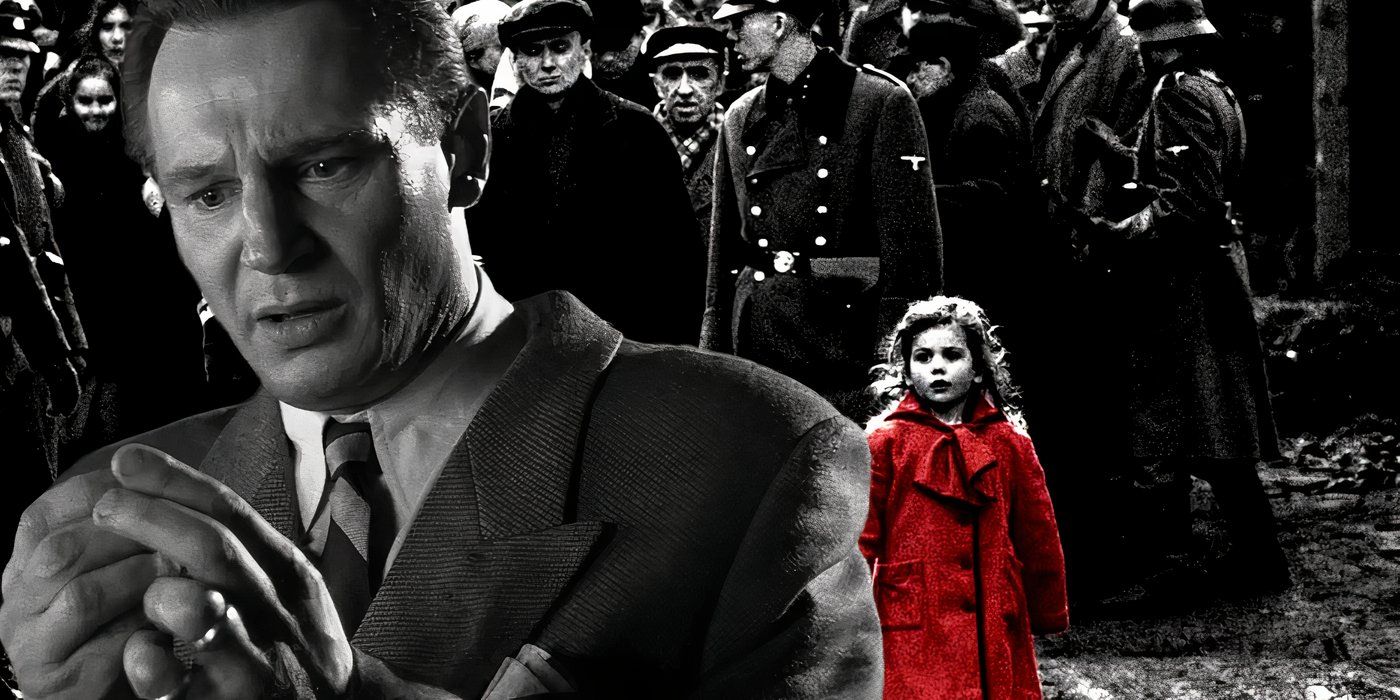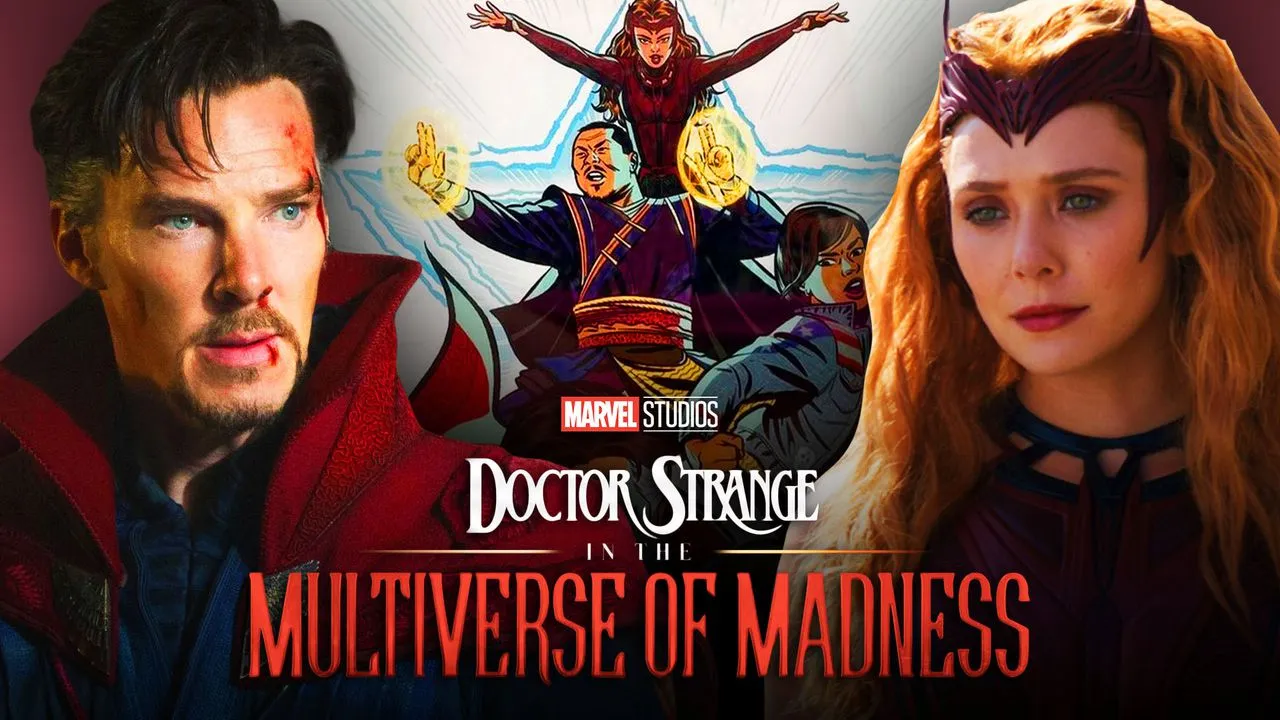One list. Over a thousand souls. And a conscience that couldn't stay silent.
In an era overwhelmed by remakes, reboots, and reimaginings, Schindler’s List (2025) dares to revisit one of cinema’s most sacred masterpieces—not to replace it, but to reintroduce it. Directed with reverence and restraint by Edward Berger (All Quiet on the Western Front), this new adaptation recontextualizes the story for a new generation, while preserving the emotional gravity and historical weight that made Steven Spielberg’s 1993 original immortal.

Set against the backdrop of Nazi-occupied Poland, the film once again follows the morally complex arc of Oskar Schindler, a charismatic and self-serving German industrialist who exploits the war for profit—until the reality of genocide forces him into an impossible transformation. As he witnesses the systemic annihilation of Jews under the Third Reich, Schindler begins forging a list. A list not of workers, but of lives to be spared.
This version places stronger emphasis on the Jewish resistance within the camps, the quiet acts of rebellion, and the spiritual endurance of those Schindler sought to save. Thomas Kretschmann steps into the role of Schindler with weary gravitas, playing him not as a savior, but as a man tormented by his own complicity—until he chooses redemption one name at a time.

Visually, the film eschews digital spectacle in favor of textured, near-monochrome cinematography. It echoes the original’s starkness, but adds subtle color motifs to underscore memory, faith, and grief. The red coat returns—but differently, and devastatingly so. The score, composed as a thematic extension of John Williams’ iconic original, bleeds between aching violin solos and long silences that scream.
Schindler’s List (2025) doesn’t try to modernize history. It demands that history remain unforgotten. In a time when truth is distorted and atrocities are dismissed, it reminds us that morality is action—and silence is complicity.
-1752740051-q80.webp)


-1750299916-q80.webp)